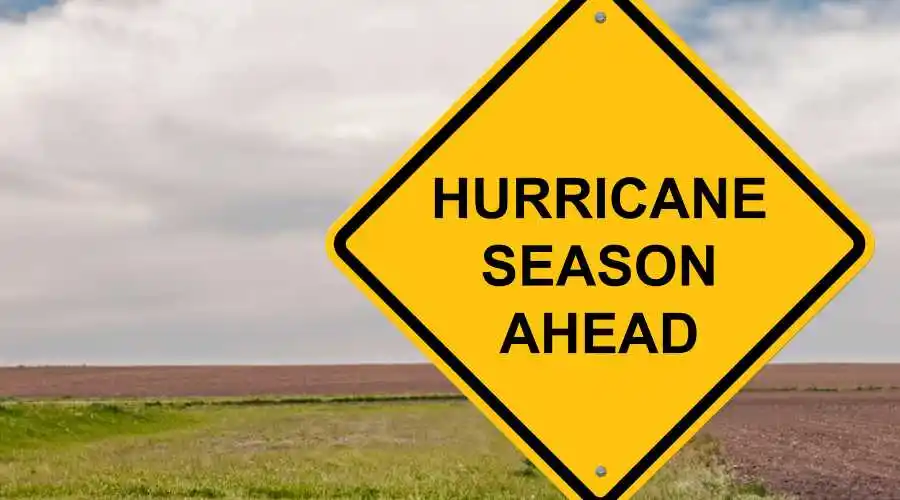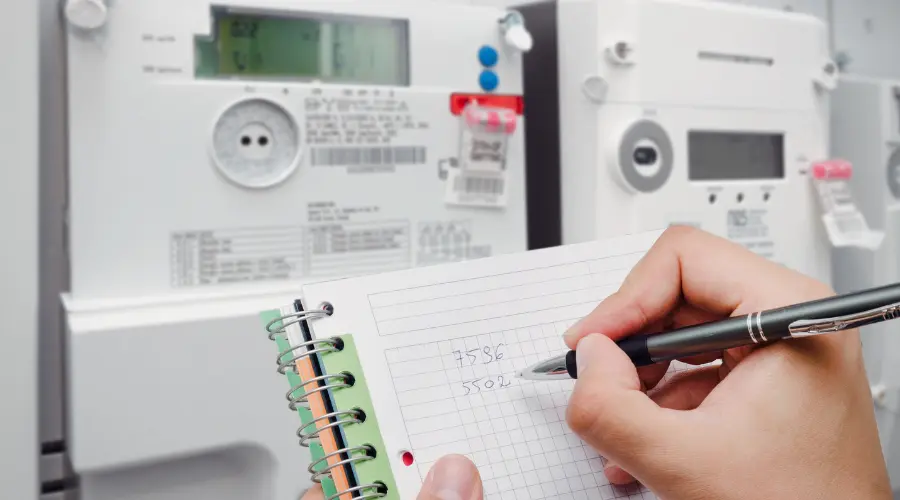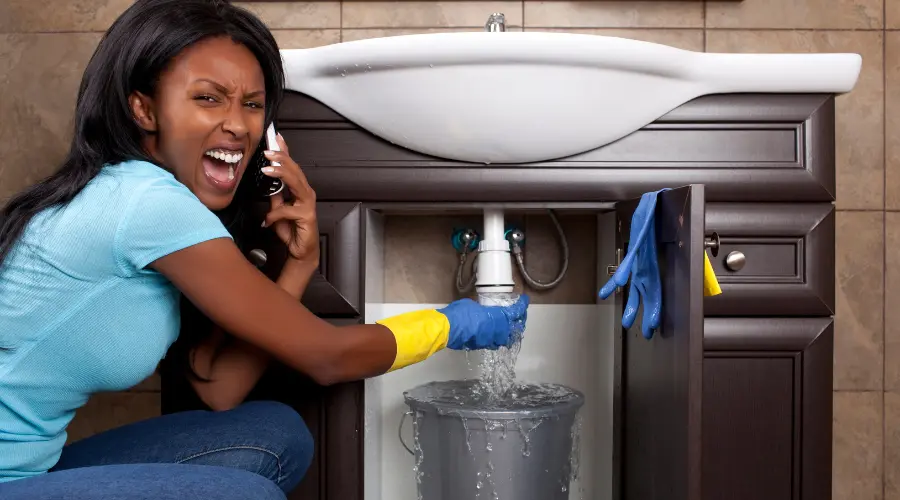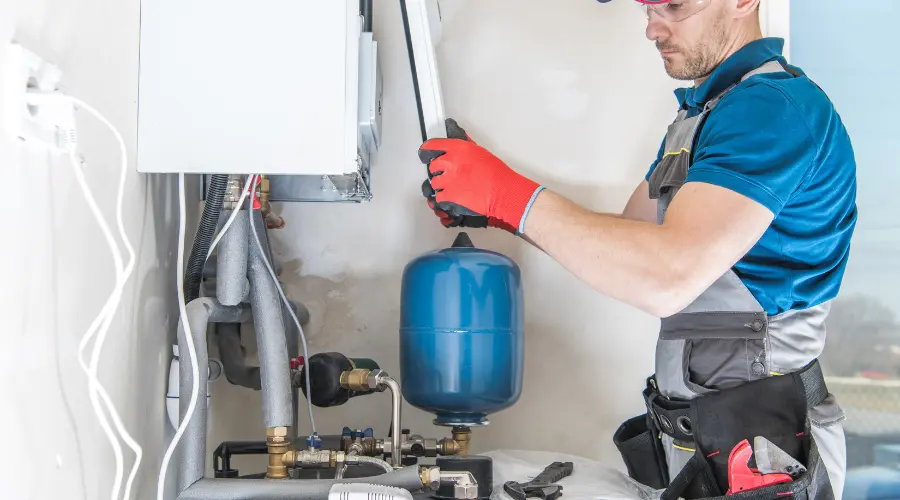In New Jersey, hurricane preparedness is a vital aspect of home safety. Beyond stocking up on essentials, it’s crucial to ensure your home’s plumbing is ready to withstand severe weather.
Key Takeaways
- Comprehensive Water Storage: Store ample water not only for drinking but also for hygiene and household needs during a hurricane.
- Locate and Test Water Shut-Off Valve: Knowing the location and operation of your home’s water shut-off valve can prevent extensive water damage in emergencies.
- Maintain Sump Pumps: Regular servicing and ensuring a backup power source for your sump pump are crucial to prevent basement flooding during power outages.
- Secure Water Heaters: Properly anchor your water heater to prevent damage from strong winds and debris.
1. Store More Than Just Drinking Water
While it’s standard to store one gallon of water per person per day for drinking, consider additional water for other essential uses. Activities such as washing dishes, laundry, personal hygiene, and handwashing require extra water. Having a sufficient supply ensures health and comfort during and after the storm.
2. Know Your Water Shut-Off Valve
In the event of a water line rupture caused by a hurricane, quickly shutting off your home’s water supply can prevent significant damage. Familiarize yourself with the location of your water shut-off valve and ensure it functions properly. Regular maintenance can be a safeguard against unexpected flooding.
3. Service Your Sump Pump
Sump pumps are essential for preventing water accumulation in basements and crawl spaces. Before hurricane season, have a qualified technician inspect your sump pump to confirm it’s in optimal working condition. Additionally, consider installing a backup power source, such as a battery, to ensure the pump operates during power outages.
4. Secure Your Water Heater
Strong winds and flying debris during a hurricane can damage your water heater. To mitigate this risk, have a certified technician anchor your water heater and its expansion tank to the wall using appropriate straps. This precaution helps keep the unit stable during severe weather conditions.
Additional Hurricane Preparedness Tips
- Create an Emergency Kit: Assemble a kit with essential supplies, including medications, disinfectants, face coverings, and pet supplies. Ensure it’s easily accessible in case of evacuation.
- Develop a Family Communication Plan: Establish a plan detailing how to contact each other if separated during a hurricane. Consider designating an out-of-state relative as a central point of contact.
- Stay Informed: Monitor local news and weather updates. Familiarize yourself with community evacuation routes and shelter locations.
Frequently Asked Questions (FAQ) Hurricanes
Q1: How much water should I store for a hurricane?
It’s recommended to store at least one gallon of water per person per day for drinking, plus additional water for hygiene and household tasks. Plan for a minimum of three days, but storing a week’s supply is advisable.
Q2: Where can I find my home’s water shut-off valve?
The main water shut-off valve is typically located where the water line enters your home, often in the basement or utility area. If you’re unsure, consult a plumber for assistance.
Q3: How often should I service my sump pump?
It’s advisable to have your sump pump inspected annually, especially before hurricane season, to ensure it’s functioning correctly.
Q4: What type of backup power is suitable for a sump pump?
Battery backup systems are commonly used to keep sump pumps operational during power outages. Some homeowners also opt for water-powered backup systems or standby generators.
Q5: How can I secure my water heater?
A certified technician can anchor your water heater to the wall using straps designed to prevent movement during severe weather. This helps prevent damage and potential gas leaks.
Conclusion
Preparing your home’s plumbing for hurricane season is a critical component of overall readiness. By taking proactive steps, you can protect your property and ensure your family’s safety during severe weather events.
For all your plumbing needs in Hudson County, NJ, and the surrounding areas, trust West New York Plumber! From leaky faucets to complex repairs, our highly skilled and trained professionals are ready to handle any job with expertise and efficiency.




